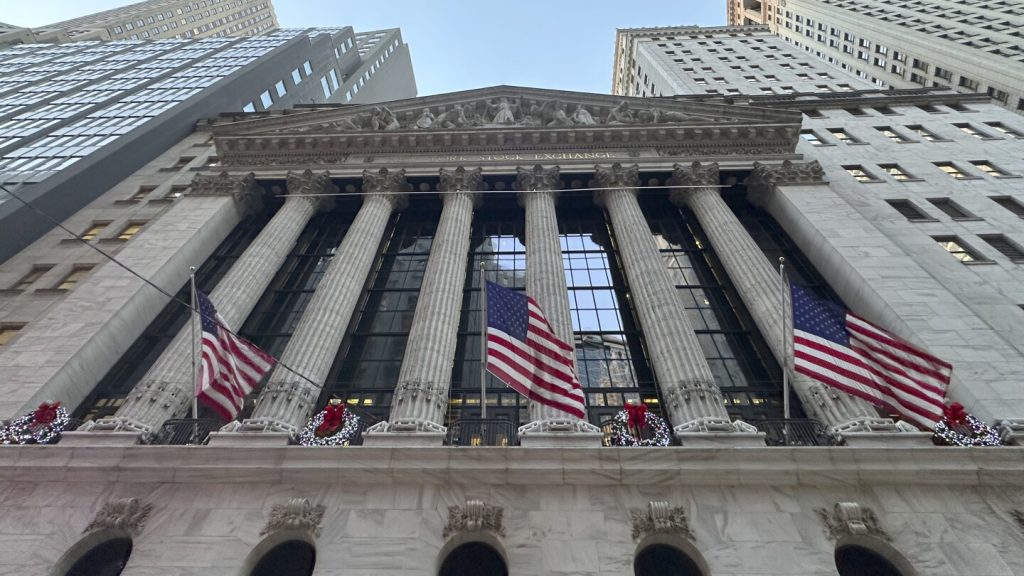U.S. stocks closed lower on the second-to-last day of 2024, with the S&P 500 falling 1.1% and the Dow Jones Industrial Average and Nasdaq also ending lower. Tech stocks, including Apple, Microsoft, Meta Platforms, Netflix, and Amazon, were among the biggest weights on the market, contributing to the slump. The S&P 500’s technology and communication services sectors had seen significant gains throughout the year, but faced declines in this session.
Boeing fell 2.3% after a tragic incident in which one of its jets skidded off a runway in South Korea, resulting in the loss of 179 lives. This added to the challenges Boeing had already been facing, including a machinists strike, safety issues with its aircraft, and a declining stock price. Airlines that operate Boeing jets, such as United Airlines and Delta Air Lines, also saw their stocks waver following the crash.
Overall, the S&P 500 fell by 63.90 points, the Dow dropped 418.48 points, and the Nasdaq fell by 235.25 points. Bond yields fell, with the 10-year Treasury yield dropping to 4.53% and the two-year Treasury yield falling to 4.25%. The price of U.S. crude oil rose slightly, while energy stocks were more resilient compared to the rest of the market. Natural gas prices saw a significant increase, benefiting natural gas producers like EQT Corp.
In global markets, indexes in Europe and Asia mostly fell as well. Despite the recent declines, 2024 has been a stellar year for financial markets, driven by a growing economy, consumer spending, and a strong job market. Expectations are high for broad earnings growth within the S&P 500, and Wall Street had been encouraged by cooling inflation rates throughout the year. However, concerns about inflation reigniting have been heightened by tariff threats from incoming President Donald Trump.
The recent market declines have put a damper on expectations for a ‘Santa Claus rally’ at year’s end, with investors anticipating another week of drift in the markets. With little corporate and economic news expected in the coming days, the market will be closed on Wednesday for the New Year holiday. Investors will be looking to Thursday’s update on U.S. construction spending for November and Friday’s report on December manufacturing activity for further insights into the state of the economy heading into the new year.















